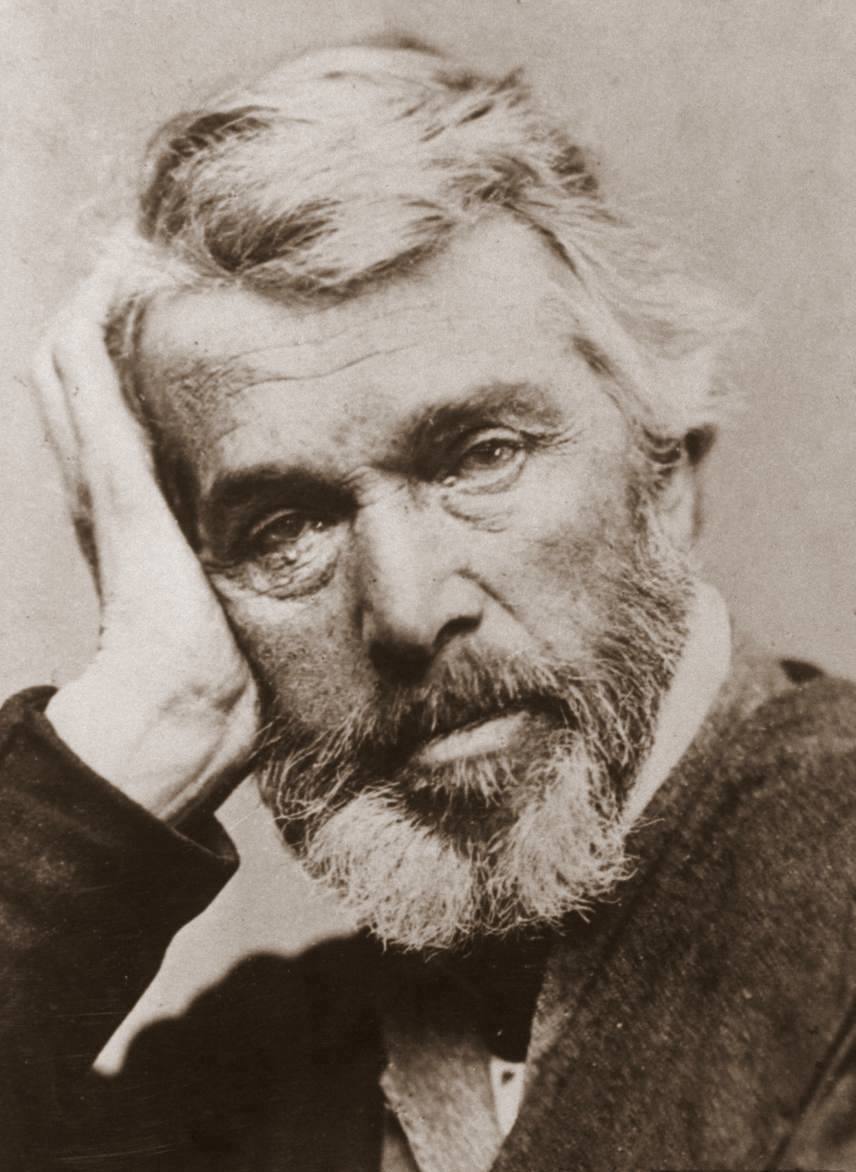Thomas Carlyle frasi celebri
Frasi sugli uomini di Thomas Carlyle
Frasi sulla realtà di Thomas Carlyle
citato in Harold Acton, Gli ultimi Borboni di Napoli
Thomas Carlyle Frasi e Citazioni
Origine: Da The French revolution, London 1955; citato in George Rudé, Robespierre, traduzione di Maria Lucioni, Editori Riuniti, 1981.
“Felice colui che ha trovato il suo lavoro; non chieda altra felicità.”
da Passato e presente
da Lettera a John Carlyle, 1831
“Il mio regno non è quel che ho, ma quel che faccio.”
citato in Selezione dal Reader's Digest, marzo 1985
citato in Selezione dal Reader's Digest, dicembre 1962
Thomas Carlyle: Frasi in inglese
1840s, Heroes and Hero-Worship (1840), The Hero as Divinity
1840s, Past and Present (1843)
1840s, Heroes and Hero-Worship (1840), The Hero as Divinity
1850s, Latter-Day Pamphlets (1850), Stump Orator (May 1, 1850)
1840s, Heroes and Hero-Worship (1840), The Hero as Priest
1840s, Heroes and Hero-Worship (1840), The Hero as Prophet
“Everywhere in life, the true question is not what we gain, but what we do.”
Essays. Goethe's Helena.
1830s, Sir Walter Scott (1838)
Latter Day Pamphlet, No. 8. (1850).
1820s, Critical and Miscellaneous Essays (1827–1855)
1840s, Heroes and Hero-Worship (1840), The Hero as Divinity
1840s, Heroes and Hero-Worship (1840), The Hero as Divinity
1820s, Signs of the Times (1829)
Bk. III http://books.google.com/books?id=8nI5AAAAcAAJ&q=%22Not+only+was+Thebes+built+by+the+music+of+an+Orpheus+but+without+the+music+of+some+inspired+Orpheus+was+no+city+ever+built+no+work+that+man+glories+in+ever+done%22&pg=PA182#v=onepage, ch. 8 http://books.google.com/books?id=m2IyAQAAMAAJ&q=%22Not+only+was+Thebes+built+by+the+music+of+an+Orpheus+but+without+the+music+of+some+inspired+Orpheus+was+no+city+ever+built+no+work+that+man+glories+in+ever+done%22&pg=PA86#v=onepage.
1830s, Sartor Resartus (1833–1834)
“How does the poet speak to men with power, but by being still more a man than they?”
Burns.
1820s, Critical and Miscellaneous Essays (1827–1855)
1850s, Latter-Day Pamphlets (1850), Downing Street (April 1, 1850)
1850s, Latter-Day Pamphlets (1850), The Present Time (February 1, 1850)
“"Genius" (which means transcendent capacity of taking trouble, first of all).”
Life of Fredrick the Great http://www.cs.cmu.edu/~spok/metabook/fgreat.html, Bk. IV, ch. 3 (1858–1865). Sometimes misreported as "Genius is an infinite capacity for taking pains"; see Paul F. Boller, Jr., and John George, They Never Said It: A Book of Fake Quotes, Misquotes, & Misleading Attributions (1989), p. 12.
1860s
“Great souls are always loyally submissive, reverent to what is over them.”
1840s, Heroes and Hero-Worship (1840), The Hero as Man of Letters
1840s, Heroes and Hero-Worship (1840), The Hero as Man of Letters
“A well-written Life is almost as rare as a well-spent one.”
Richter (1827).
1820s, Critical and Miscellaneous Essays (1827–1855)
Bk. III, ch. 11.
1840s, Past and Present (1843)
1850s, Latter-Day Pamphlets (1850), Stump Orator (May 1, 1850)
1820s, Signs of the Times (1829)
1840s, Past and Present (1843)
1840s, Heroes and Hero-Worship (1840), The Hero as Prophet
Richter.
1820s, Critical and Miscellaneous Essays (1827–1855)
1850s, Latter-Day Pamphlets (1850), Downing Street (April 1, 1850)
1820s, Signs of the Times (1829)
1820s, Signs of the Times (1829)
1840s, Heroes and Hero-Worship (1840), The Hero as Prophet
